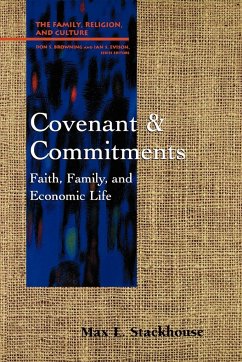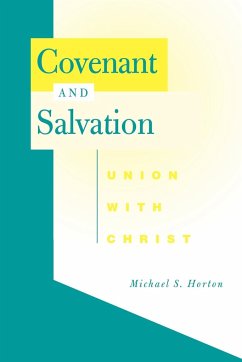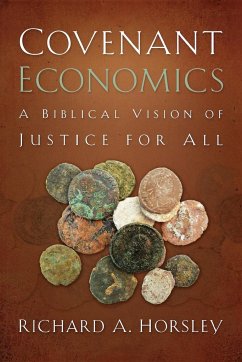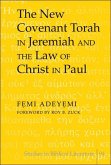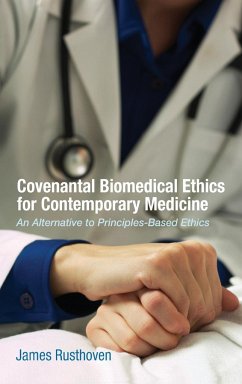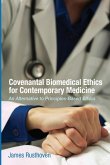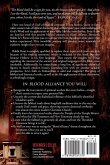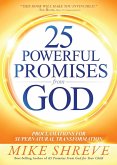No idea shaped modern convictions about the moral structure of love, family life, and the role of the household in civil society more than the biblical idea of covenant. Yet these patterns are challenged today by socio-economic developments that alter the role of the family in civil society. Ethicist Max Stackhouse offers a fresh vision of how the family may best reconstitute the household. He challenges libertarian and liberationist arguments based on economic ideologies and sociobiological theories that distort the nature and character of love, sexuality, and commitment. Recognizing the inadequacy of current "family values" rhetoric, he seeks to recover a covenantal ethic for the family that accounts for new male-female, parent-child, production-consumption, and household-workplace relationships.
Hinweis: Dieser Artikel kann nur an eine deutsche Lieferadresse ausgeliefert werden.
Hinweis: Dieser Artikel kann nur an eine deutsche Lieferadresse ausgeliefert werden.

